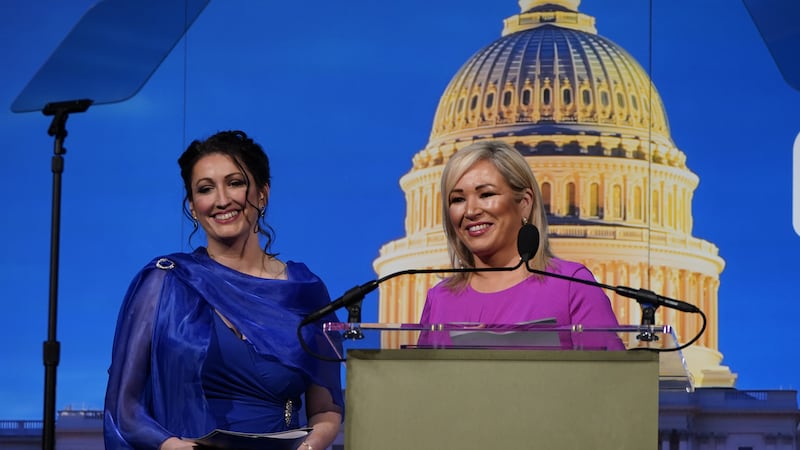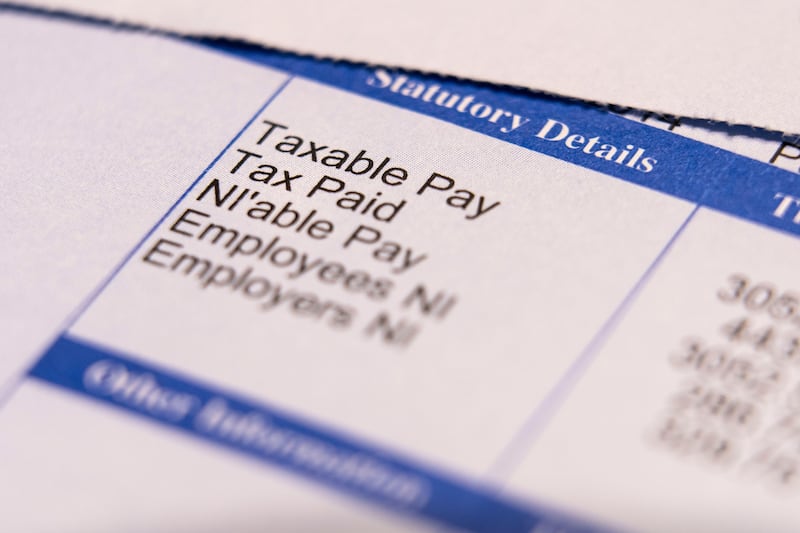THE north experienced the sharpest decline in weekly wages on record during April, taking the pay gap with the rest of the UK to its widest in 20 years.
The Northern Ireland Research and Statistics Agency (NISRA) said median gross weekly earnings for full-time employees decreased to £529 in April, a fall of 1.1 per cent from April 2019 and the first decline since 2014.
Economist Richard Ramsey said that when adjusted for inflation, it represents a decline of 2 per cent, taking weekly earnings for full-time workers back to around 2010 levels.
The introduction of the Covid-19 furlough scheme during April appeared to disproportionately impact weekly private sector earnings, which fell 3.2 per cent, compared to the public sector, which dropped by 0.9 per cent.
The NISRA data largely relates to PAYE employees and doesn’t reflect the severe impact Covid-19 has had on incomes for the self-employed.
Mr Ramsey said the figures showed the pay gap between Northern Ireland and the rest of the UK at its widest in 20 years.
“This is further evidence of how the Northern Ireland economy is being impacted harder during the recession relative to the UK as a whole,” he said.
“While NI’s relatively larger public sector offers some insulation, the local economy is more exposed to low paid employment than elsewhere. The latter has been impacted hardest during the pandemic.”
More than one-fifth of jobs in the north are deemed ‘low paid’, the highest proportion of the 12 UK regions.
“These lower paid jobs have had the highest take-up rates of the Job Retention Scheme,” added the Ulster Bank economist.
“It is noted that the number of jobs falling below the National Minimum and National Living Wage rose from 1 per cent in 2019 to 10 per cent in April 2020. More than 90 per cent of employees earning below the NMW/NLW were on furloughed rates of pay.”
Average earnings for full-time workers in longer term employment rose 3.2 per cent year-on-year in April to £28,324. But when adjusted for inflation, the figure remains 2.5 per cent below 2009 (£29,046).
However, NISRA’s data showed that the average private sector salary had finally recovered from the recession in April.
The inflation-adjusted median figure for a private sector worker reached £26,100 in April, eclipsing the £25,800 recorded in 2008.
But Richard Ramsey said the inflation-adjusted median salary in the public sector (£32,391) remains almost £2,000 (5.7 per cent) below 2009.







